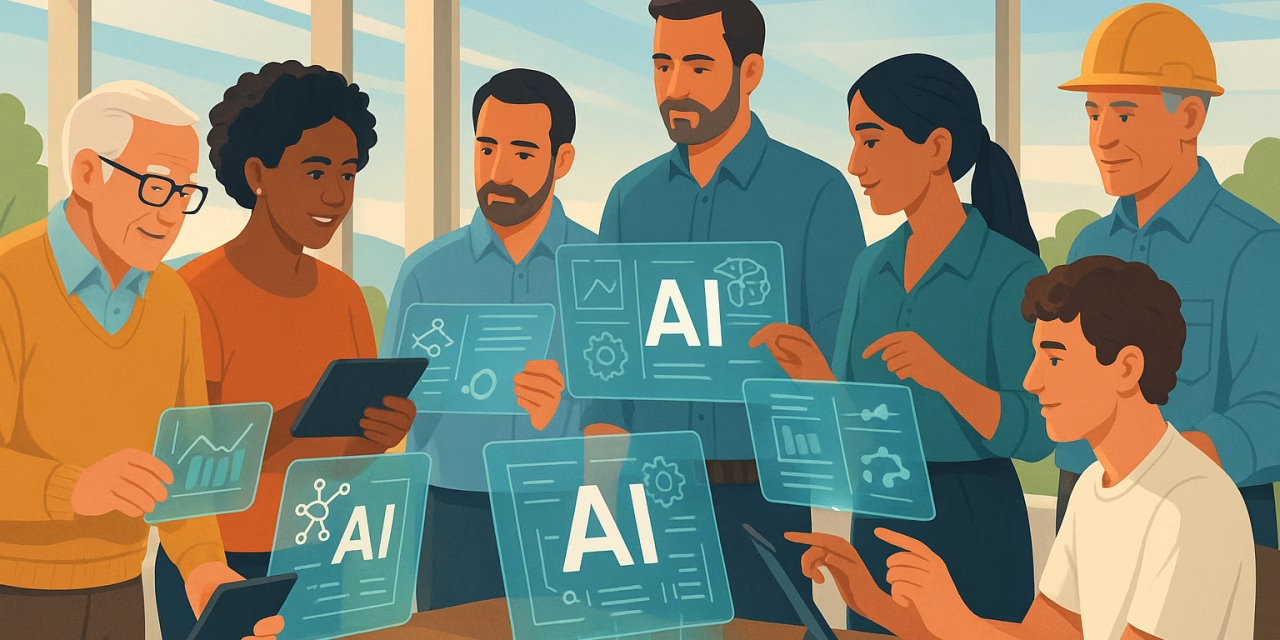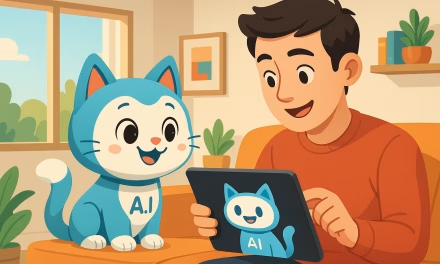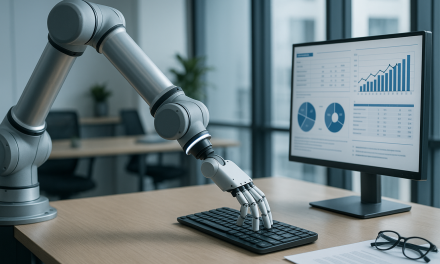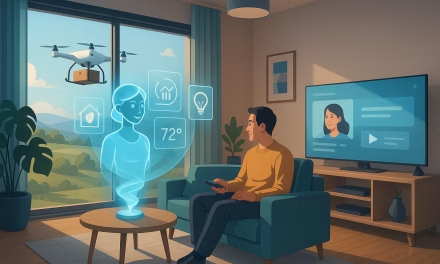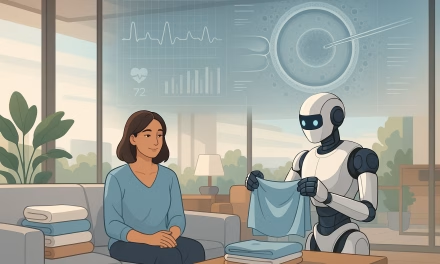June 24, 2025, brings into sharp focus a critical challenge in our rapidly evolving, AI-driven world: the widening gap between the rapid advancement of AI systems and human competency levels. The day’s news highlights the urgent need for widespread AI literacy and the emergence of initiatives designed to empower individuals across all sectors to thrive in this new landscape.
A prime example is Human-I-T’s launch of a comprehensive free artificial intelligence literacy program. This initiative aims to equip workers, regardless of their profession or background, with essential AI skills. It recognizes that as AI becomes increasingly integrated into decision-making processes and daily tasks, a fundamental understanding of how these systems work, their capabilities, and their limitations is no longer a luxury but a necessity.
The concern raised by studies like the one from Data To The People, which reveals AI systems advancing faster than human oversight capabilities, underscores the importance of such literacy programs. Without adequate human capabilities to guide, question, and validate AI systems, there’s a critical oversight deficit that could lead to unforeseen risks and ethical dilemmas.
This push for AI literacy extends beyond the workplace into everyday lifestyle. As AI-powered tools become more prevalent in personal devices, entertainment, and information consumption, individuals need to be equipped to navigate this intelligent environment responsibly. Understanding AI’s impact on personal data, privacy, and even the subtle biases embedded in algorithms becomes crucial for informed decision-making.
Ultimately, the rise of AI literacy programs signifies a proactive approach to ensuring that the benefits of AI are widely distributed and that society is prepared for the profound changes AI will bring. It’s about empowering individuals to be active participants in the AI revolution, rather than passive recipients of its impact, fostering a more informed, adaptable, and resilient global workforce and citizenry.

